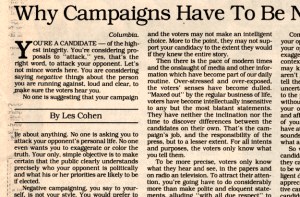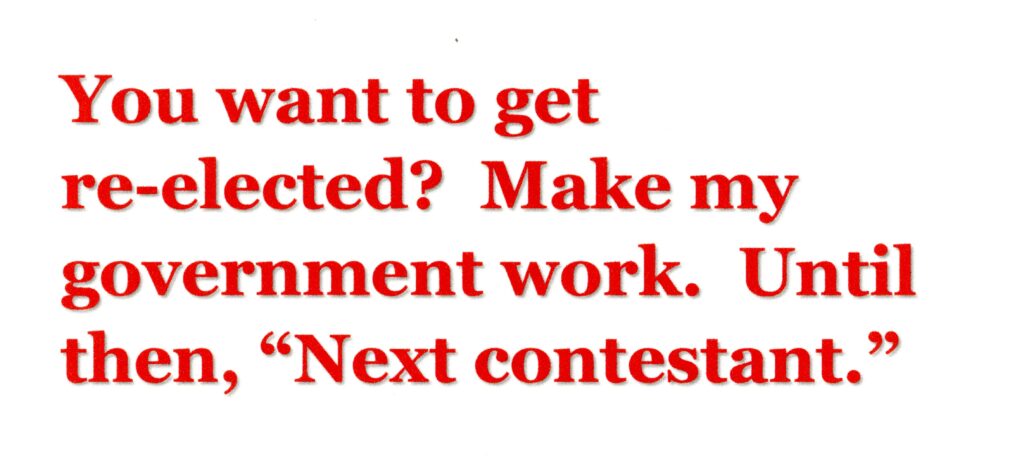 Saturday, August 11, 2012
Saturday, August 11, 2012
Fiscal policy is the use of government spending and taxation to influence the economy. Increases in government spending can create jobs that are needed to produce the goods and services the government buys, and then some through what are called “multiplier effects.” Reducing tax rates, to businesses and people, gives them more disposable income to spend. The more goods and services they buy, the more people that will be needed to make those things. That’s it in a nutshell.


 Friday, August 3, 2012
Friday, August 3, 2012
 Monday, July 9, 2012
Monday, July 9, 2012 Sunday, June 10, 2012
Sunday, June 10, 2012 Wednesday, May 30, 2012
Wednesday, May 30, 2012 Tuesday, May 29, 2012
Tuesday, May 29, 2012 Friday, November 25, 2011
Friday, November 25, 2011